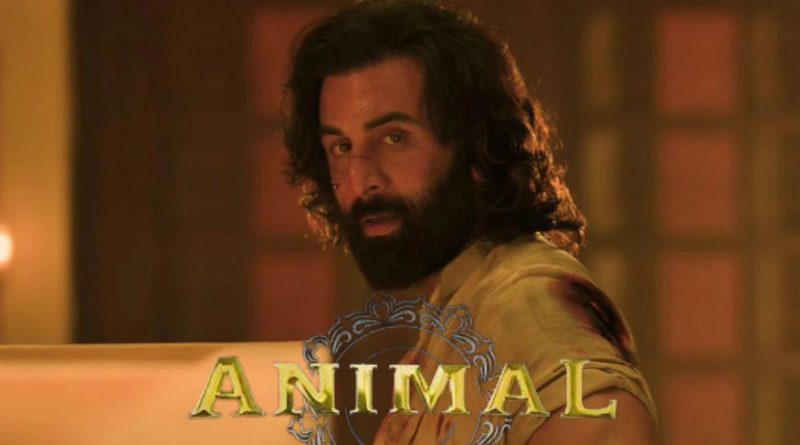Cinematic Exploration Unfurls: A Critical Analysis of ‘Animal’
Sandeep Reddy Vanga’s ‘Animal,’ featuring Ranbir Kapoor, endeavors to carve a novel trajectory for Hindi action cinema. The film, however, grapples with a divergence between the potential for a psychologically nuanced narrative and the director’s apparent inclination towards franchise considerations over a meticulously woven storyline.
In the melodic echoes of the Icelandic band Of Monsters and Men, a resonant line encapsulates the essence of Vanga’s protagonists—individuals entrenched in privilege and entitlement, bearing a semblance to monstrous beings. Following the director’s previous ventures, ‘Arjun Reddy’ (2017) and ‘Kabir Singh’ (2019), which centered around a chain-smoking doctor wrestling with anger issues, ‘Animal’ marks Vanga’s return with a narrative revolving around a chain-smoking engineer burdened by profound paternal issues.
Ranvijay (Ranbir Kapoor), a wealthy scion of Delhi, idolizes his father, industrialist Balbir Singh (Anil Kapoor). Balbir’s stern and emotionally distant demeanor disrupts Ranvijay’s emotional circuitry from his formative years. The film delves into the intricacies of familial dynamics, portraying Ranvijay’s visceral reactions to terms of endearment and his authoritative demands in personal relationships.
Embarking on a transcontinental journey with his love interest, Geetanjali (Rashmika Mandanna), Ranvijay’s life unfolds in the United States, marked by familial bliss. However, Vanga eschews the subtleties of love stories, opting for a narrative leap to a point six years after an assailant’s attack on Balbir.
In the aftermath, Ranvijay, now a bearded force to be reckoned with, grapples with conflicting intentions—to safeguard his family and satiate an insatiable thirst for vengeance. The film, reminiscent of Vanga’s earlier creation ‘Kabir Singh,’ faces critique for its alleged glorification of toxic masculinity. Ranvijay’s character becomes an audacious extension of Vanga’s cinematic terrain, punctuated by escalating provocations and a deliberate emphasis on ‘alpha’ masculinity.
Unlike ‘The Godfather,’ a discernible influence on ‘Animal,’ Vanga’s exploration of chauvinism is not contextualized within a large patriarchal household but permeates the overall plot, characters, and dialogue. Ranvijay’s territorialism extends to the women in his family, portraying a skewed perception of strength and independence.
Despite Vanga’s attempts to unravel the male psyche, the film falters when transitioning into action sequences, losing its narrative edge. The battle in a hotel lobby, while suitably chaotic, lacks the finesse of directors like Tarantino or Karthik Subbaraj. Notably, Bobby Deol injects vitality into the film with a role veiled in secrecy.
Vanga’s editing style, though occasionally impactful, contributes to the film’s dual challenges of being both bloated and thin within its extensive runtime. Ranbir Kapoor’s performance amalgamates elements of swagger, cockiness, and angst from his diverse filmography. Anil Kapoor, with his expressive eyes, shoulders much of the emotional weight.
‘Animal’ held promise to trailblaze a psychology-driven trajectory for Hindi action cinema but finds itself eclipsed by superior offerings from the South. Vanga’s commitment to visceral violence promised to critics, falls short. The film, much like its predecessors, succumbs to the allure of franchise potential rather than weaving a meticulously crafted narrative. As a doctor in the film attempts to convey, “Confidence is a medicine, but…”—a statement left hanging as Ranvijay dismisses her before its completion.

